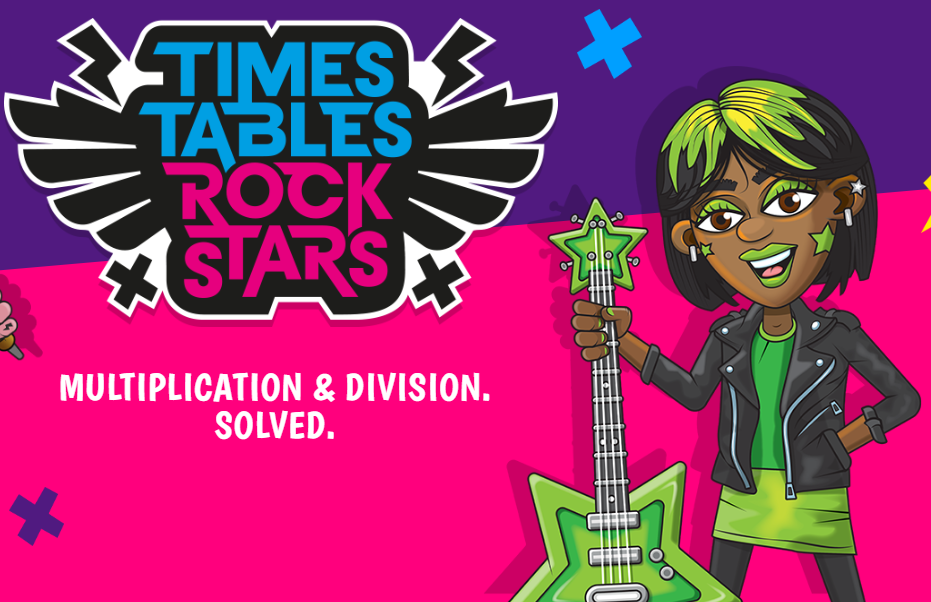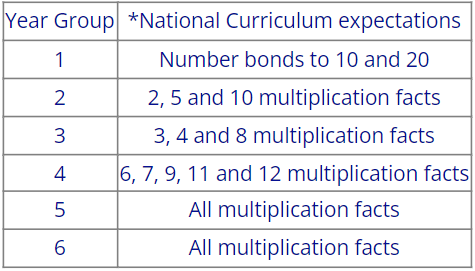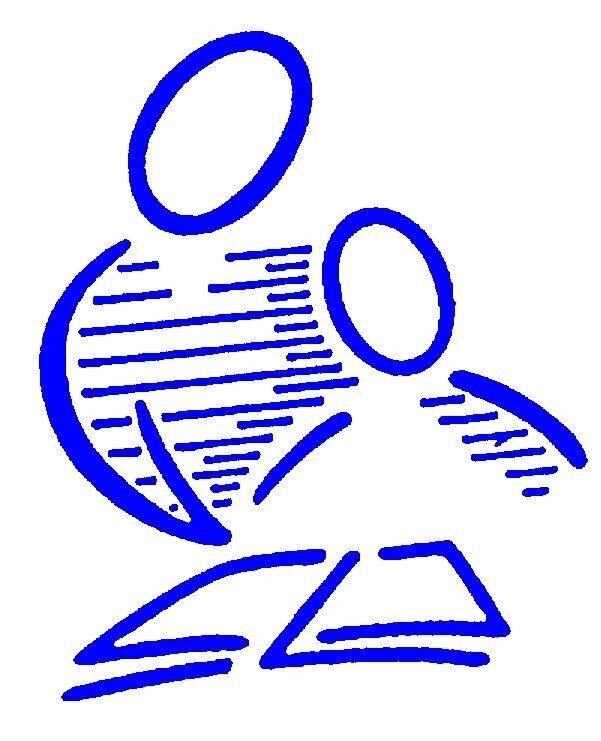Homework
At Abbots Hall we believe that children should be children. Our homework expectations are designed for families to practice key skills, whilst still giving time to do all the other things that they love to do together. These skills include times tables, reading and spelling practice. The activities will be introduced to the children during class time, but often require additional time for children to practice - we believe short sessions at home are a perfect time for families to do so.
Below you will find more information and support for the three areas of homework that we expect families to engage in:
Reading - Daily
The more that families can read at home with their children, the better. We do, however, recommend 10-15 minutes a day.
Please follow this link for a short video on home reading books for Reception: https://www.loom.com/share/fe03e929227c4178bb22d9373b487271?sid=79bb921b-06d6-4f70-97b7-0b81b262a8d1
Please follow this link for a short video on home reading books for Year 1: https://www.loom.com/share/4d4ad28970e043ceb03c636e4d5227ee?sid=38e08093-f34d-45b7-ba78-5f16865879ca
Please follow this link for a short video on home reading books for year 2: https://www.loom.com/share/3e75f698cd5e4002b413a77ba515ca4a?sid=085869a6-0dd7-4d27-a08b-2b5fcf2dd5b3
For older children, daily reading is also essential. Reading a wide range of texts both aloud and to themselves helps increase their fluency. Studies have shown that children who regularly read at home achieve significantly more academically.
Please ensure that you sign your child's reading record and that your child brings it to school each day.
We know that reading with children is vital to their development, but there are other things families can do to help make the reading practice even better! At the bottom of this page you will find some useful question prompts to help.
Maths - Daily
Practicing mental maths and timestables daily is crucial to developing children's maths fluency. It is the expectation that children will know all of their times tables by the end of year 4 - this includes in order, out of order and the related division facts. We know that children who know their times tables achieve more academically.

It can be a daunting task, so at Abbots Hall we use Times Table Rockstars to encourage the children to learn them - children can log in to this by following the link: Times Tables Rock Stars: Play (ttrockstars.com)
Below is a table outlining the expectations for children at different ages:

Spellings - Daily
The national curriculum outlines the spellings your children must learn by the end of the year (these lists are statutory in KS2). For KS1 pupils the development of their phonic knowledge underpins spelling lessons but as the children enter KS2 they are expected to utilise this knowledge, learning longer words and how to add prefixes and suffixes.
A full list of the spelling words can be found at the bottom of this page.
Your child’s class teacher will introduce a sound (vowels, diagraphs and trigraphs) or a spelling pattern each week. Pupils must practise these on a daily basis using a range of strategies to ensure they not only learn the sound/pattern but also they are able to recall it. Children should work on learning their spellings throughout the week using small tasks such as Copy it, Copy it… Recall it, Break it down, and writing the word in a sentence.
